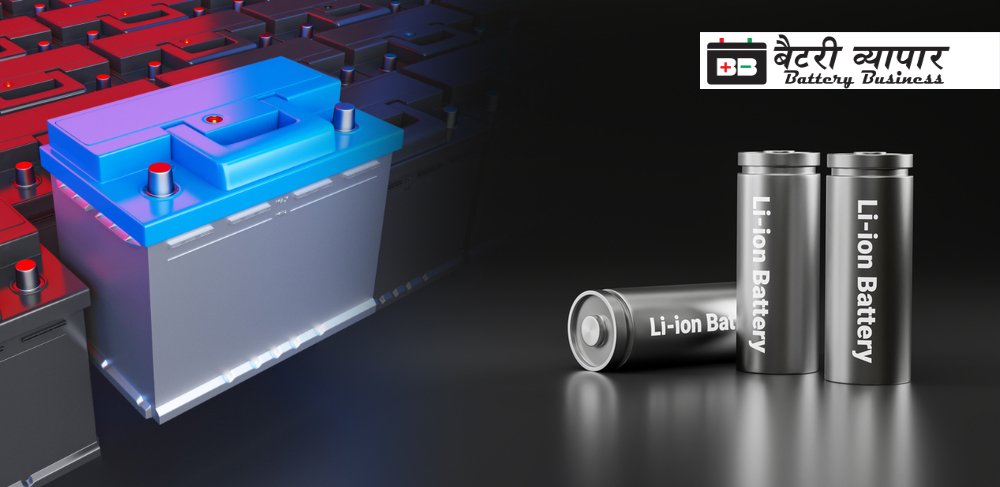As of my last knowledge here are some of the latest trends in the battery industry. However, please note that there may have been further advancements and developments since then:
- Lithium-Ion Dominance: Lithium-ion batteries continue to dominate the battery industry due to their high energy density, longer lifespan, and suitability for various applications, including electric vehicles (EVs) and renewable energy storage.
- Electric Vehicles (EVs): The growing demand for electric vehicles is driving the development of high-capacity, fast-charging batteries with improved safety features. Solid-state batteries are gaining attention for their potential to enhance EV performance by providing higher energy density, faster charging times, and increased safety.
- Energy Storage: The need for efficient energy storage solutions is increasing as renewable energy sources like solar and wind power expand. Batteries are being used for grid-level energy storage to balance supply and demand fluctuations, enhance grid stability, and enable the integration of renewable energy sources.
- Advanced Battery Materials: Researchers are exploring alternative materials to improve battery performance. This includes the development of new electrode materials like silicon and lithium-sulfur, which offer higher energy densities compared to traditional materials. Graphene and other nano materials are also being investigated to enhance battery efficiency.
- Recycling and Sustainability: With the rise in battery usage, the importance of sustainable battery production and recycling is growing. Companies are focusing on developing recycling technologies to extract valuable materials from used batteries, reduce waste, and minimize the environmental impact of battery production.
- Solid-State Batteries: Solid-state batteries are an emerging technology that offers several advantages over traditional lithium-ion batteries. These batteries use solid electrolytes instead of liquid electrolytes, providing higher energy densities, improved safety, and potentially faster charging times. Significant progress has been made in solid-state battery research, but commercialization is still a challenge.
- Battery Swapping: Battery swapping services are gaining attention as a potential solution to address the limitations of EV charging infrastructure and long charging times. This approach involves quickly replacing depleted EV batteries with fully charged ones, enabling drivers to extend their range without waiting for charging.
- Wireless Charging: Wireless charging technology for batteries is being developed to offer convenient and seamless charging experiences for various devices. The concept involves transferring energy wirelessly to recharge batteries, eliminating the need for physical connections.
These trends represent some of the key areas of development and innovation in the battery industry. It’s worth noting that the industry is dynamic, and new advancements and trends are likely to emerge as research and development efforts continue.

